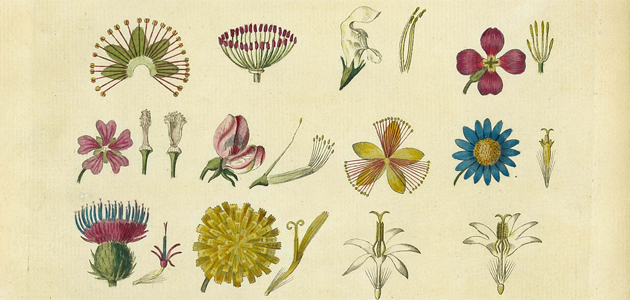‘Learning happens when we wander across borders, refusing to be contained within them.’
Thought for the week: Catherine Henderson is out of order

Yesterday a tiny bird was perched on our television aerial, singing incredibly sweetly. But instead of just letting me listen, my busy mind came butting in, wanting to know its name.
Why do we always have to name things, classify them, put them in boxes? Is this a natural impulse?
I think it is more a cultural thing, embedded in the way we have learned to see the world. It is a necessary part of science and medicine. It helps us understand, discover and invent. But it also allows us to create divisions: to separate ourselves one from another and from the natural world. For example, the Enlightenment gave us the false system of racial categorisation, now understood to have no scientific basis. What we are left with is racism.
Our dual perception of ‘us’ and ‘nature’ is not innate either: people in other parts of the world have an understanding of being a part of nature that we in the West have largely lost. But we are beginning to feel our way back towards this now: as the Youth for Climate movement has pointed out, we have to see ourselves as part of the whole, separate neither from each other nor from nature.
But while we reach forward to try to grasp this truth, our ways of doing things lag behind. In the UK our education system is still largely based on a nineteenth-century model, which neatly divides study into separate subjects. In primary education we too-often ignore the way that younger children naturally learn: by making connections and exploring tangential paths and obsessions. Learning happens when we wander across borders, refusing to be contained within them.
We think we have to do things a certain way, but that may be because we are reluctant to let go and explore other ways. Do we do this too in our Quaker work? Is it necessary to divide it into discrete areas – peace, social justice, climate, migration? Or does this get in the way of our seeing how everything overlaps, how there are no lines of division between any of these?
Right now it feels like we are in a time of melting down and reforming. We need new models, newer ways of being and doing, in order to imagine our way forward.
You need to login to read subscriber-only content and/or comment on articles.
